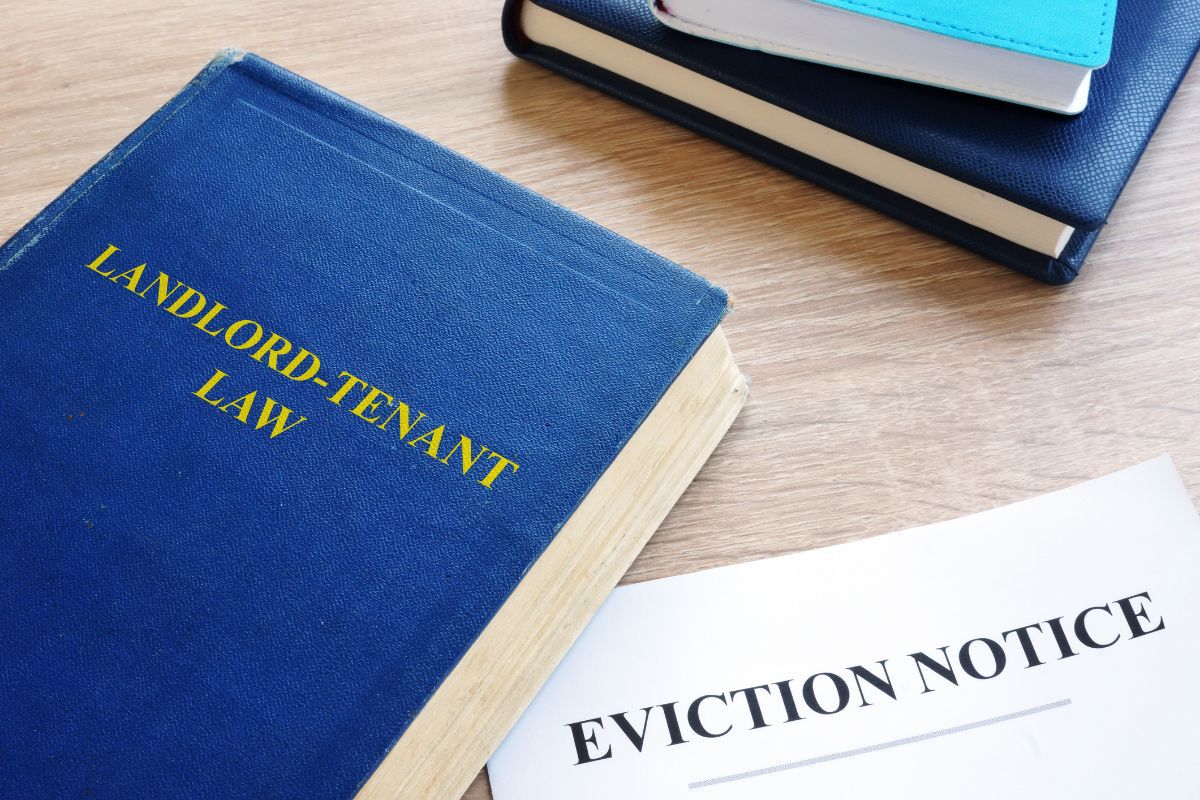Sometimes a new landlord in Arizona finds that an evicted tenant has left behind some personal property in the now-empty rental space they recently occupied. It’s not uncommon for the old refrain “finders keepers, losers weepers” to run through the landlord’s mind upon making this discovery. And yet, while there is some level of truth in property law to that nursery-rhyme concept, things are not quite so simple in the landlord-tenant branch of the law.
A person’s possessions do not necessarily stick to the place where they live. They belong to the person. So, when a tenant is evicted, those objects do not automatically become the property of the landlord. And, as such, the landlord is not entitled to either simply dispose of the items, or to keep the items as their own.
At least, not immediately.
The Arizona Landlord-Tenant Act, at Arizona Revised Statutes section 33-1368(E) requires that a landlord secure any possessions found on the property (with certain specific exceptions, namely: perishable items, plants, and animals)on behalf of the evicted tenant for at least two full weeks (14 days) from the date that the Writ of Restitution was issued. (The Writ of Restitution is simply the document served to the tenant by the sheriff’s or constable’s office authorizing law enforcement to schedule the eviction.)It is, however, the tenant’s duty to pay for the cost of removing and storing the items in order to recover the property. Naturally, the landlord is required to make an inventory of the items and to give this list to the tenant along with the location of the facility where the belongings are being held and the cost they are being charged for the storage.
After the 14 days have passed without any notice that the tenant intends to retake possession of the items, the landlord may sell or dispose of the possessions.
If you have been forced to evict a tenant who has left behind personal property items, Provident Law’s attorneys stand ready to help. We help with landlord tenant issues, we structure, negotiate and document a variety of real estate and financing transactions, such as leases, purchase and sale agreements, loans and development agreements for a variety of commercial and residential projects—and we litigate issues of ownership when necessary. Contact us for more details.
Christopher J. Charles is the founder and Managing Partner of Provident Law ®. He is a State Bar Certified Real Estate Specialist and a former “Broker Hotline Attorney” for the Arizona Association of REALTORS ® (the “AAR”). Mr. Charles holds the AV ® Preeminent Rating by the Martindale-Hubbell Peer Review Ratings system which connotes the highest possible rating in both legal ability and ethical standards. He serves as an Arbitrator and Mediator for the AAR regarding real estate disputes; and he served on the State Bar of Arizona’s Civil Jury Instructions Committee where he helped draft the Agency Instructions and the Residential Landlord/Tenant Eviction Jury Instructions.
Christopher is a licensed Real Estate Instructor and he teaches continuing education classes at the Arizona School of Real Estate and Business. He can be reached at Chris@ProvidentLawyers.com or at 480-388-3343.


